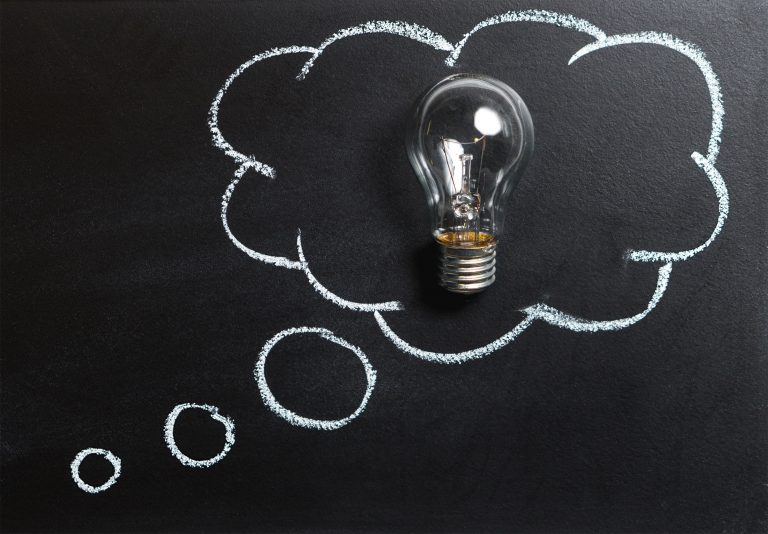Creative types of people sometimes feel conflicted about getting treatment for addiction. On one hand, they know their habit is making life miserable, but on the other, they see drugs and alcohol as part of their creative process. They’re afraid that if they give up the drugs and alcohol, they won’t be able to work, or their work won’t be as good. Whether you might be a professional or an amateur, if a creative output is a big part of your life, it’s natural to be wary of anything that might disrupt it. Fortunately, you don’t need drugs or alcohol to be creative- in fact, these may be an impediment for the talent underneath.
People early in recovery sometimes feel they can no longer work, that the creative spark has vanished. What they are more likely feeling is post-acute-withdrawal syndrome, or PAWS. This is a protracted feeling of depression or numbness, or sometimes unpredictable emotional swings. This isn’t a loss of creativity; it’s a shared experience of people getting sober. Post-acute-withdrawal syndrome can cause loss of energy and enthusiasm, but the good news is that PAWS rarely lasts more than a year to 18 months. Although it seems like a long time to be without your creative spark, this could be the setback you need to produce your best work in the comeback period.
Creative work can be a tremendous asset in recovery. Music, art, writing, dancing, yoga, and other creative efforts are a way to express yourself, relieve stress, distract yourself from anxiety and cravings, and find fulfillment in life. For example, music therapy is often used to encourage those who don’t respond well to other forms of treatment.
Beyond that, creativity is more a product of work than of inspiration. Recovering from addiction makes it hard to get back on your feet and begin putting your talent into effect again. Those who regularly practice their creativity know that without continual exertion, this can cause difficulty in regaining strength. You can’t spend hours every day practicing the piano or painting if you’re trying to get drugs all day or spending all your free time drinking. When you get sober, you can prioritize your creativity and devote your full attention to it. Most people are surprised how much free time they suddenly have once substance abuse has been removed from their lives.
While it’s true that many artists, writers, and musicians have struggled with addiction, that is more likely correlation than causation. Those who are creative are constantly looking for new experiences and ideas. You can find your original and visionary fulfillment without the use of drugs and alcohol holding you back.

